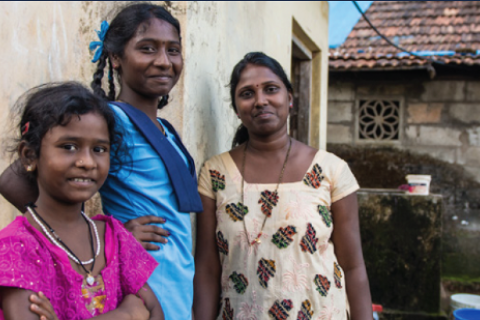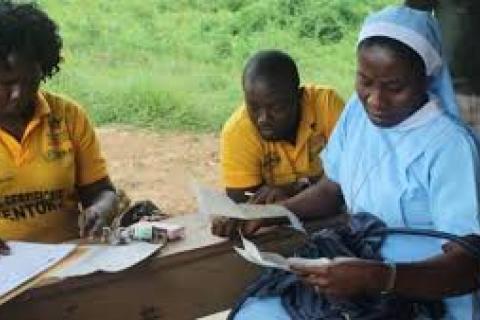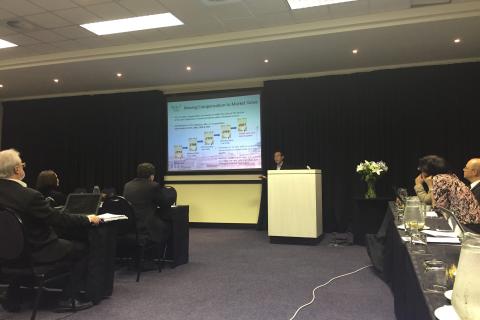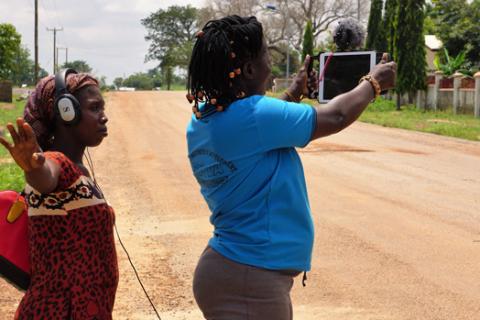Eight reasons why tribal people are great conservationists
By Lewis Evans, Survival International
For Earth Day (April 22), Survival International reveals some of the amazing ways in which tribal peoples are the best conservationists and guardians of the natural world:
1. The Baka “Pygmies” have over 15 words for elephant
The Baka people know so much about elephants, they have different words for them according to their sex, age and even temperament.











